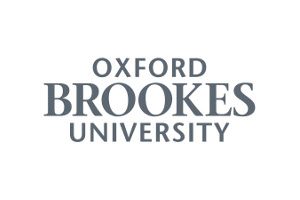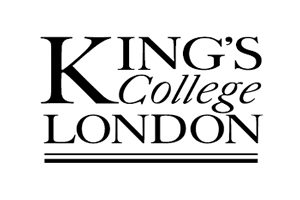West Layton, Richmond, Yorkshire, England
Joanna Barker
The Robinson family settled in North Yorkshire in the sixteenth century, and William Robinson (1560-1643) was born in the village of Brignall, near Barnard Castle. Brignall and Rokeby were then in North Yorkshire, but are now in County Durham as a result of the 1974 local government reorganisation. William was a successful London merchant, and in 1601 he purchased the manor of Brignall, following this in 1610 with the purchase of Rokeby Park.
William’s grandson, another William Robinson (1624-1658) inherited Rokeby Park. He was well-respected in the North Riding and in the county of Durham, where he was known as ‘the Justice’, for his diligent attention, during the course of a long life, to the duties of a Justice of the Peace. On 26th March 1644 at Rokeby Park he married Mary Layton (bap. 13th Nov 1621 – 1658), who was the eldest daughter of Francis Layton (1577-1661) of Rawdon near Leeds.
This date is significant, for the Layton and Robinson families were on opposite sides in the Civil War. William’s father, Colonel Thomas Robinson, was an officer of the Parliamentary army, and was killed in battle near Leeds on 19th June 1643. Francis Layton, on the other hand, was a Royalist and Yeoman of the Jewel House for King Charles I. In 1645 at the end of the Civil War was imprisoned and fined the huge sum of £3,670 (equivalent to £60,000 today). Francis Layton was the owner of West Layton Hall, which had been in his family since 1278, and is situated a couple of miles south east of Brignall and Rokeby.
Francis had moved to Rawdon where he had built his own house, called Layton Hall, so West Layton Hall is likely to have been neglected, and he sold it to William’s younger brother, Leonard Robinson. After the Restoration, Francis was rewarded for his loyalty by King Charles II with the return of his previous positions.
It has been suggested that West Layton Hall may have passed to the Robinsons by inheritance, but this seems unlikely. Mary Layton (despite being described in Debretts as Francis’s “co-heir”) had two brothers, Henry and Thomas, who survived her. Even if the property had somehow passed to her, William Robinson would have received it, not his younger brother Leonard. Emily Climenson suggested that the Hall passed to Leonard Robinson via his first wife, Lucy Layton, but no further evidence of such a marriage or inheritance has been found.
William Robinson was the great-grandfather of Sir Thomas Robinson (1703-1777) of Rokeby Park, and also of Rt. Revd. Richard Robinson (1708-1794), Primate of All Ireland and 1st Baron Rokeby of Armagh, and Sir William Robinson (1704-1785).
Leonard Robinson had six daughters and one son, Thomas, whose eldest son Matthew was Elizabeth Montagu’s father. Matthew was always described as being “of West Layton and Edgley”. However, he and his family spent much of their time with his wife’s mother in Cambridge, and when Matthew’s wife inherited her mother’s property of Mount Morris, the family moved definitively to Kent. The land in Yorkshire was farmed by tenants and the house presumably rented out.
The property remained in the family until at least 1857, when it was recorded as being owned by General Henry Montagu, 6th Lord Rokeby, who was Matthew Montagu’s last male descendant. It appears that he sold it, since in 1872 West Layton Hall was pulled down and replaced by a house built by the architect John Johnson of Newcastle for John Easton, who made his fortune through coal-mining. This later property is known as West Layton Manor, and since 2019 has been operated as a hotel. See British History Online
Please note that all dates and location information are provisional, initially taken from the library and archive catalogues. As our section editors continue to work through the material we will update our database and the changes will be reflected across the edition.
Browser support: The website works best using the Chrome, Edge, and Firefox browsers on the PC, and only Chrome and Firefox on the Mac.




